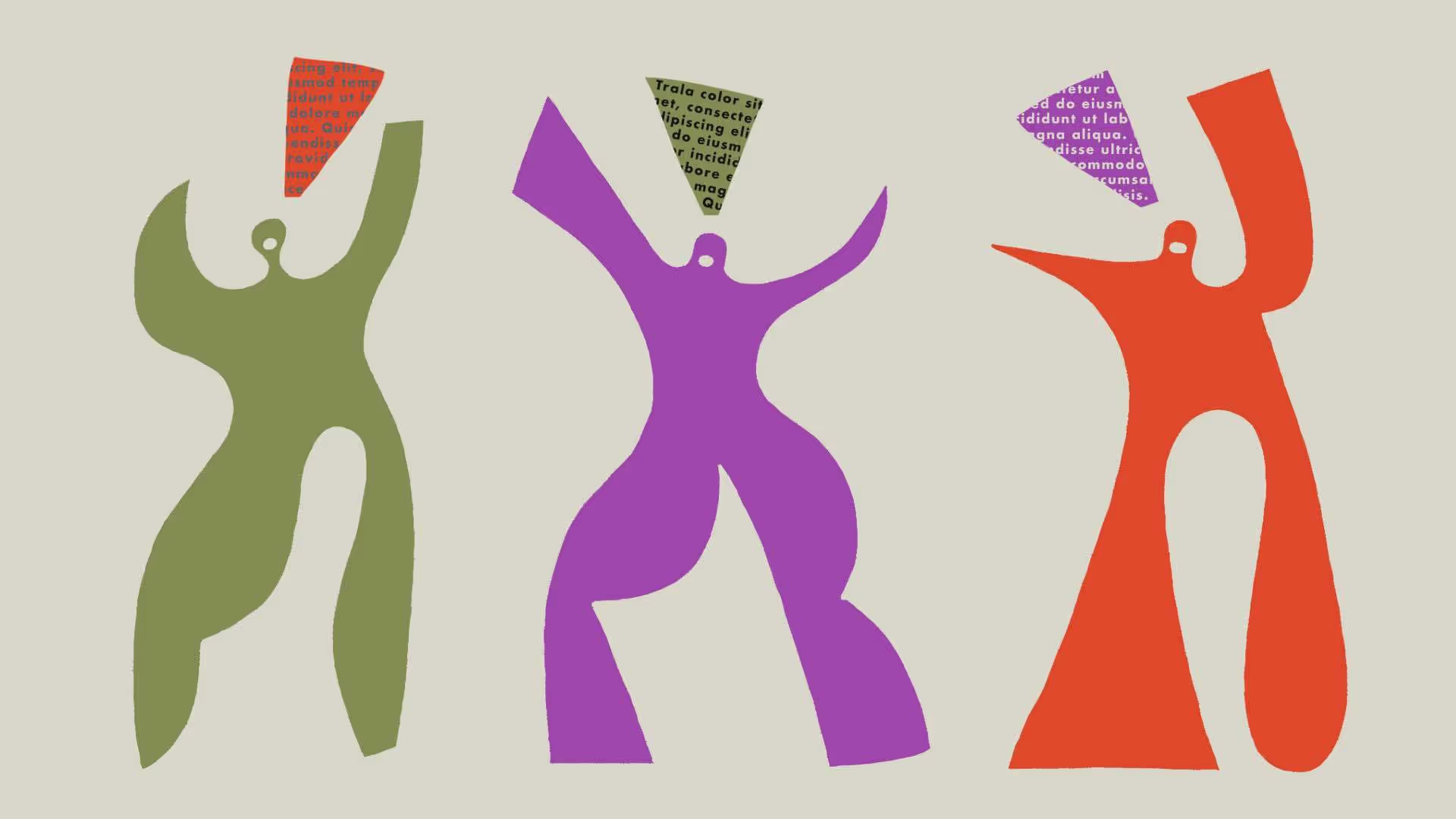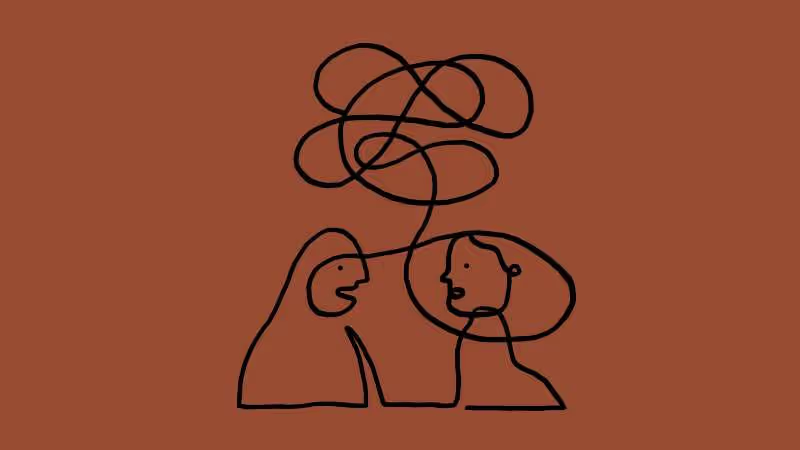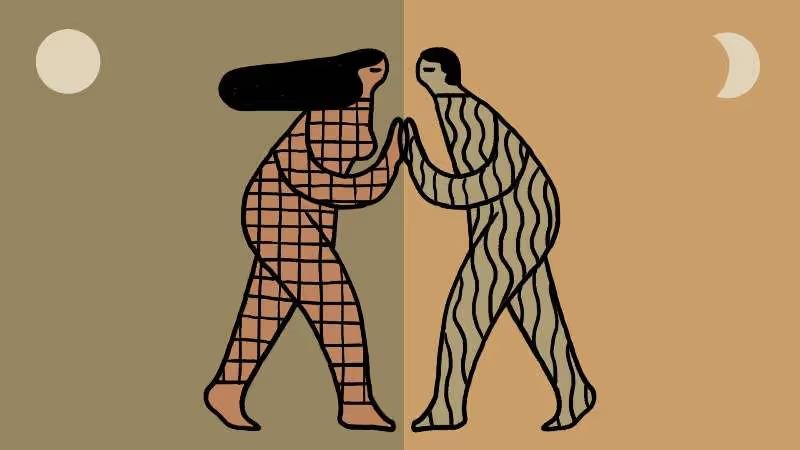Shall We Begin?
I am a Belgian with a French accent and yet for my early years, my U.N. refugee passport listed me as stateless. I was a Jew raised by Polish parents living illegally in Antwerp. They worked hard building their shop in their new home and raising their kids. I was educated for twelve years in Flemish, a formal education my father never had access to. He was illiterate, but he was a grand humanist. Five years in German concentration camps during World War II taught my parents that the decency with which people treated each other was their most important quality, no matter how rich or educated they were. Helping others was what made them feel strong, and it was a powerful way to fight injustice. After escaping the concentration camps, my parents experienced a new form of injustice in their adopted home, a social contract of sorts: you were a citizen in the streets, and a Jew in the home.
When I came to New York, it was the first time I felt I could be a Jew in public. It was as if I was coming out of hiding. There was a menorah next to the Christmas tree. But America looked at me differently. In America, I was not seen as the daughter of Holocaust survivors-turned-refugees. I wasn’t even seen as an immigrant unless I started talking. Walking down the street in America, I was a White Woman. I couldn’t believe how different it felt to be so baselessly accepted, trusted, noticed, and even protected, simply for my Whiteness. It was strange and powerful. This, I would learn, was what privilege felt like.
Yvette Noel-Schure grew up in Grenada. As she tells it, as a young Black girl, she didn’t know what racism was because she hadn’t experienced it. Colorism? Absolutely. It’s a long, painful legacy left behind by colonizers in the Carribean and elsewhere. But, as she recalls, “we were all Grenadians. We were all Black people.” So when she immigrated to America at fourteen, she was shocked by how differently she was treated. “For the first time, I was called the N-Word,” she remembers. “I had to ask my uncle ‘what does that mean?’ I had never heard that word before, but it was said with so much venom I needed to know.” She recalls thinking that if only she had had her dictionary, she could have looked it up.
In America, Yvette wasn’t the curious, Catholic, raised-by-Grandparents, sheltered girl. She wasn’t the daughter of a mother suffering from mental illness. She wasn’t a British citizen, a Grenadian of African, Indigenous, Irish, and Indian descent. On a good day, she was a Black girl. On a bad day, she was whatever that person had called her. She was a word she didn’t understand.
Decades later, Yvette and I are two American passport holders with vastly different American experiences. If you’re reading this letter, you likely know what I do as a cross-cultural therapist, podcast host, and speaker. You may know that I spent the first twenty years of my career working with mixed marriages and families—interracial, intercultural, and interreligious. What you might not know is that my first project upon landing in New York in 1984 was called “Minority on Minority: The Psychodynamics of Black-Jewish Relations,” and it’s a topic I continue to study and write about. This work is part of my ever-evolving quest to understand who or what defines our identities and how that informs our relationships. I, for instance, grew up with the idea that White Supremacy did not include Jews. And that meant me. In America, or more specifically in New York, it does.
If you don’t know Yvette Noel Schure, it’s my honor to introduce you to her. She is the executive vice president and co-founder of Schure Media Group where she has been instrumental in developing the careers of major artists such as Prince and Beyoncé. She works with Beyoncé’s BeyGOOD initiative and she travels all over the world, working with Black girls and Women of Color to assist them in cultivating lives of dignity and possibility. She is a passionate advocate for accessible, affordable, and culturally-informed mental health services.
And on June 10th, we participated in a social media experiment called “Share the Mic Now,” an initiative that paired around 50 Black women with around 50 White women for a social media takeover. From Tarana Burke and Glennon Doyle to Patrisse Cullors and Ellen Degeneres. Yvette spent the day on my platforms sharing the experiences that have defined her: as a fourteen-year-old immigrant in America, as a partner in an interracial marriage, as a mother who prepared her children to straddle two worlds, as a powerhouse career woman in entertainment, as a caretaker for her mother, and as an advocate for destigmatizing mental illness in the Black American community. Who and what defines Yvette? She does. And yet, even now, when she returns to the U.S. from visiting family in Grenada, it is not unlikely for her to be asked to prove that she should be sitting in first class.
It wasn’t immediately clear to Yvette and I why we had been paired together by our mutual friend Luvvie Ajayi Jones, one of the organizers of “Share the Mic Now.” But from our first conversation, the evidence of our connections has piled up. We spoke so long we missed dinner. Our immigrant experiences, when taken together, are a surreal look at how race is perceived in America. It’s a direct pipeline into understanding how our environments shape us, how relationships happen within a context, and how important it is to evolve that context so that our relationships with one another can evolve.
Society is a project in progress. Humans have been fighting for a more just society throughout human history: racial equality, religious freedom, children and women's rights, access to education, protection from poverty and sickness, and more. The fight has always benefited from the newest tools of communication. Our latest megaphone is social media, for good and bad. The streets and the digital public square amplify each other, but let’s not forget the noise needs to lead to action. I’ve included additional resources at the end of this letter. Yvette is an extraordinary and patient educator. I encourage anyone listening to me to listen to her, too. Follow her at @yvettenoelschure.
Both of us believe that real change happens in small, sliding door moments that build trust. The deep divisions in our society are often present right at our family dinner table. Many of us have had to negotiate the arduous task of maintaining our personal integrity as well as our connection with family members who often harbor fundamentally different values and points of view. Not speaking about racial inequity is a privilege afforded to some that can no longer stand. Let’s have the courage to have the hard conversations.
So, ask yourself: what dynamics and messages did you grow up with in your family? How are you dealing with that now? What are the parts of your identity that have been assigned to you? What are the parts of your identity that you have chosen?
Let’s Turn the Lens on You
These four questions can form the basis of some of the hard conversations we’re having at our dinner tables. Here’s more:
- Instead of asking “How can you think this way?” try asking “How did you come to think this way?
- Instead of “I can’t believe my brother would vote for X,” ask “how did you come to make that decision?
- Maintain the dialogue. You don’t want to make the conversation as short as possible. Find a way to be curious and to keep the conversation going.
- This is not an exact science. Explore how much you can tolerate people who are different from you. Remind each other not to confuse feeling really strongly with being right. And if you need to take a break, find something else over which to connect.
- Gather your resources. You’re not the only teacher on this planet. There are books, videos, podcasts, and more waiting to educate those willing to learn.
Let's continue the conversation.
Watch the replay of the Letters From Esther Workshop: The Skills To Have Difficult Conversations.
More From Esther
Where Should We Begin? / Season Four
The way that legacies inside and outside of our families shape the way we love and hate is at the heart of the new season of my podcast.
Share the Mic Now / with Yvette Noel Schure
Our conversation on Instagram Live.
Share the Mic Now / Yvette Noel Schure & Julee Wilson
Yvette speaks with Cosmopolitan magazine’s Beauty Director, who took over Alice and Olivia’s social media platforms for the day.
Conversation Starters
A compendium of highly recommended sources of inspiration and information
I’m Reading:
- The 1619 Project Magazine
- Undoing Racism Resources from Mary Pender Greene
- A History of Race and Racism in America, in 24 Chapters a book list by decade compiled by Ibram X. Kendi
- Baratunde’s World Saving Books from Baratunde Thurston
- Countdown to Main Street, a blog by Mindy Fullilove
- The Politics of Empathy and Race from Psychology Today
I’m Watching:
- Get comfortable with being uncomfortable by Luvvie Ajay
- A debate between James Baldwin and William Buckley
- How to be an Antiracist by Ibram X. Kendi
- George Floyd, Minneapolis Protests, Ahmaud Arbery & Amy Cooper by Trevor Noah
- We need to talk about an injustice by Bryan Stevenson
- How to deconstruct racism, one headline at a time by Baratunde Thurston
I’m Listening To:
- The 1619 Project Podcast
- Revolution Playlist of speeches and lectures compiled by Rachel Cargle
- A Weekend of Pain and Protest from The Daily
- The Mind of the Village from The Hidden Brain






.svg)





